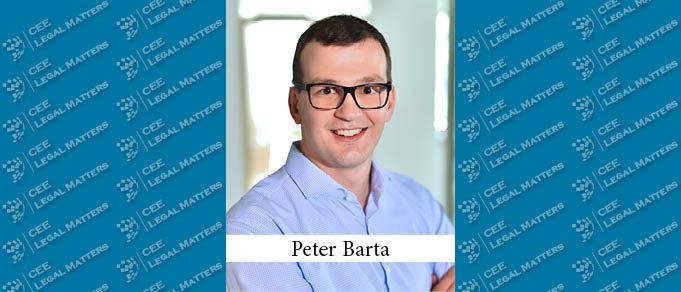A recently released NAV guidance gives a list of those signs that could indicate that a security firm is involved in VAT fraud. The list will certainly help companies that accept invoices from such security firms, but it’s still a pity that the guidance wasn’t issued ten years earlier.
When it comes to VAT fraud, the security services sector is one of the most notorious industries. It’s not uncommon for someone at the end of the invoicing chain to forget to pay the VAT or employment-related taxes. As a consequence, the sector has been in the crossfire of tax audits for over a decade, and the tax authority (NAV) is waging a bitter struggle to recover the embezzled tax forints. However, because the person committing the fraud is usually nowhere to be found, the tax authority’s whip often cracks on one of the intermediate participants, penalising it on the grounds that it should have known about the tax fraud in the chain of invoices. In these cases, the tax authority denies the right of that intermediate participant to deduct VAT.
Who decides what you’re supposed to know?
In order to support its claim that the intermediate participant should have known about the tax fraud in the invoicing chain, the tax authority often tried pulling circumstantial evidence out of its conjurer’s hat. This, however, often gave rise to disputes.
The tax authority’s recently published information tries to clarify this situation, by listing the general checks that a prudent participant in the security services supply chain needs to perform in respect of its contracted partners. For example, a subcontractor’s tax number, certificate of incorporation and financial statements should always be checked. In addition to this, NAV offers further help in deciding whether the subcontractor is acting in good faith: if the net contracting fee proposed by the subcontractor is lower than HUF 1,350 per hour, then the client should suspect that there is a risk of tax fraud.
According to NAV’s information notice, there are also grounds for suspicion if a security firm’s client does not properly check that the statutory conditions for providing the security service are being met. For example, one should check whether the subcontractor has all the necessary permits, it is listed in the registry of security service providers, and it uses only a maximum of one subcontractor for the performance of the service. (The Act on the Provision of Security Services prohibits the use of more than one subcontractor.) It could also give cause for suspicion if the hourly rate exceeds the minimum mentioned above, but it is still below the overhead hourly rate (approx. HUF 2,300) below which bids can’t usually be submitted in public procurement tenders.
What if the signs are wrong?
All this gives rise to two pertinent questions. Firstly, if someone has met all the conditions set out by NAV, can they be confident that nobody will call into question their right to deduct VAT? And secondly, will a failure to conduct any of the above checks automatically result in the denial of the tax deduction right? The answer to both questions is: no.
First of all, it’s important to keep in mind that NAV’s guidance notice is not a piece of law, and as such it has no legally binding force. Anyone with a differing opinion is entitled to argue its case in a court of law. Secondly, just because someone meets the conditions set out by NAV, that doesn’t necessarily mean that it didn’t know, or couldn’t have known, about a tax fraud committed in the invoicing chain. In such a case, however, that tax authority would face serious difficulties proving this. So, it’s safe to say that an honest taxpayer, acting in good faith, who fulfils the conditions set out by NAV, has a good chance of not having its right to deduct tax retrospectively questioned.
By Péter Barta, Attorney-At-Law Jalsovszky





